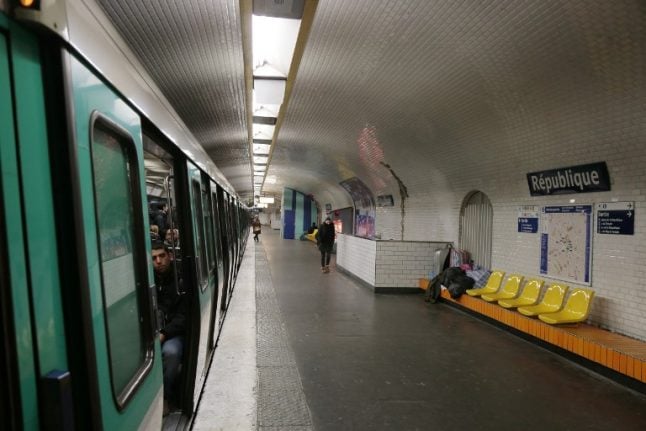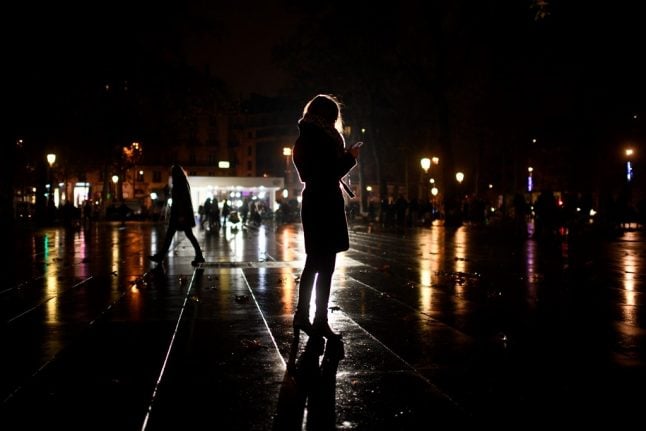The video was posted by a young woman on Twitter on December 12th and has since been viewed more than 1.3 million times.
The clip shows a man sitting opposite her repeatedly rubbing his genitals.
“This is my daily life on public transport. A week doesn't go by without something like this happening. I'm not even exaggerating,” wrote the 20-year-old women named Safiétou on Twitter.
“This time I wanted to film it to show how bad it is.”
She then encouraged other women to come forward and share their own stories to highlight the problem of sexual harassment on transport.
“Girls, if you have ever been the victim of sexual harassment on public transport, please share your story below this tweet. Don't hold back, tell everything and we'll see who is who,” she said, encouraging women to share the “dirty” faces of the harassers.
The account echoes those of many women who told The Local of their experiences of being groped and pestered on the Paris Metro.
Her tweet was retweeted over 35,000 times and it received 2,000 comments many from women who had experienced sexual harassment on transport.
“You did the right thing. It happens all too often. If the family of this man recognizes them then it would be the perfect punishment,” replied one woman.
“When it happens to me I say in a loud voice or sometimes scream: 'Beware ladies there is a groper or exhibitionist on board'” so people look at him.
Encouraged to take her video to the police the young woman lodged a formal complaint and prosecutors in Paris have now opened an investigation into the incident. The incident echoes the case of a French lieutenant who was caught masturbating on the Paris Metro earlier this year.
A 2017 survey shows just why the tweet prompted such a response.
At least 267,000 people, mostly women, were sexually abused on he public transport in France over a two-year period, the study revealed.




 Please whitelist us to continue reading.
Please whitelist us to continue reading.
Member comments